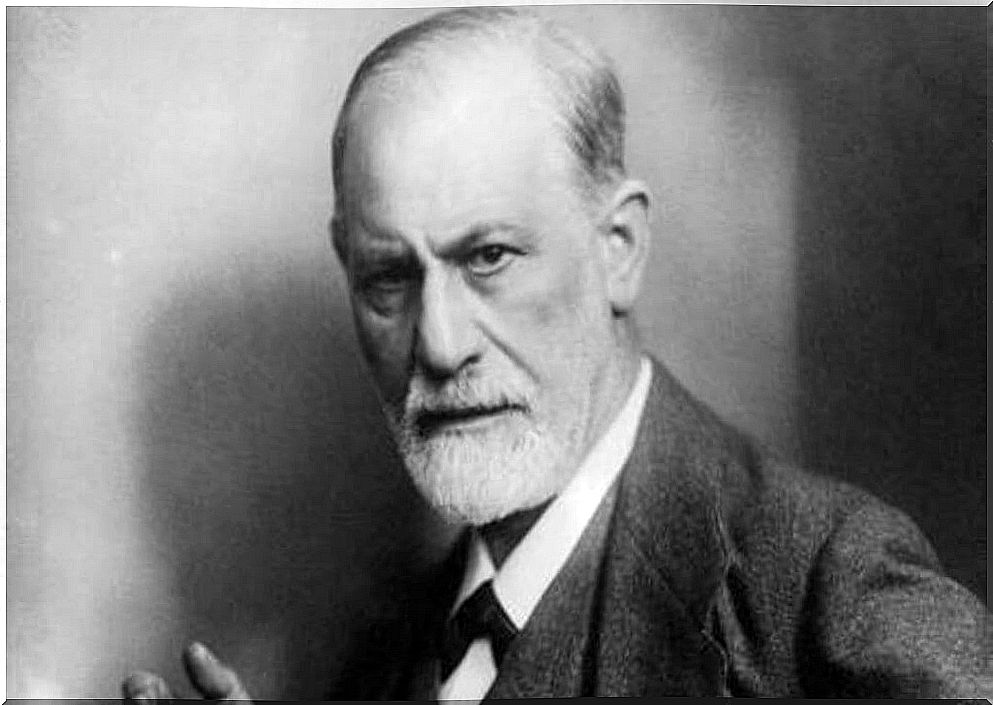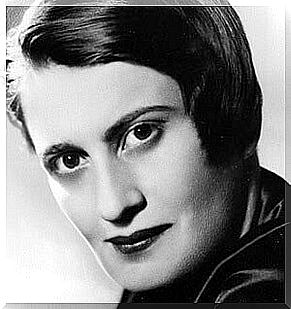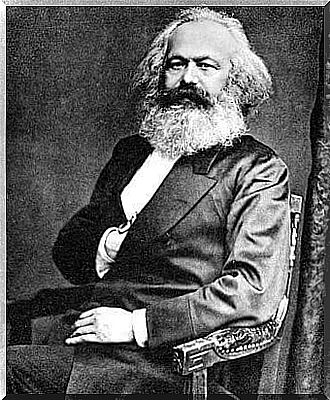Freud And Other Atheists Who Changed The World

Man’s relationship with God or its total absence has been a question that has generated most of the most beautiful stories or the most bitter polemics since antiquity. Usually individuals are used to calling themselves atheists, agnostics or believers if asked about the idea of God.
This idea has been defined and extended by most of the world’s monotheistic religions, it has impacted millions of people, and around it a large number of societies are organized. Sometimes the skepticism regarding religious elements goes further, and not only is this age of divinity denied, but also others with an intuitive or energetic profile, such as the Law of Karma and the Law of Attraction.
This belief does not make your life better or worse.
We could say that far beyond having received a religious education or not, there are people who are “unbelievers” and others who are not, as the great actor Fernando Fernán Gómez said. The fact is that this belief, in itself, does not make your life better or worse, as are other variables that determine our histories and our relationships.
Despite this, a recent experiment created by Jean Decety, a neuroscientist and psychologist at the University of Chicago, with children between 5 and 12 years old in six countries of very different cultures (Canada, USA, Jordan, Turkey, South Africa and China), discovered that children who did not receive religious values in their family were more generous when it came to sharing their treasures with other unknown children. Minimally curious.
Without analyzing in depth what is more appropriate to believe or not, as there is no clear answer to this, it is interesting to know how, throughout history, various characters have called themselves atheists and did so with firmness and conviction, even at the risk of suffer reprisals. They simply expressed their beliefs with freedom and their way of viewing human and social relationships from a radically different perspective.
Let’s look at some of the most famous and controversial atheists:
atheists who changed the world
Ayn Rand
We often relate Marxist thought to the most antagonistic way of understanding society in relation to what is proposed by religion. The creator of “objectivism” opposes both positions, arguing that for anyone who aspires to be someone different, ideas such as religion and communism are harmful.

Ayn Rand expounds an agnostic neoliberal philosophy that has been very well accepted by some intellectual and artistic circles, who considered that this individualistic ideology could not be explained in any deeper way. Although she herself fell into contradictions throughout her life on some of the social and political issues, what she always sustained was her atheism until her death.
Albert Einstein
If there is a personality questioned about whether or not he supported the idea of God, it is this super known scientist and author of the Theory of Relativity. Einstein was a staunch atheist, though in fact he publicly declared himself an agnostic, trying to avoid academic enmities.
He was not interested in religion at all, and for him the concept of God was not central to either his theory or his life, as he explained in one of his statements in response to the enormous interest in knowing his opinion on this issue.
Einstein explained that for him, if God existed, it would be very similar to what Spinoza described: an extensive God without dualistic nature that totally contradicts the conventional idea and accepted by most people who follow a monotheistic religion.
Hypathy of Alexandria
Hypatia was probably the most important philosopher of antiquity, along with Aspasia and Hipparchia. His figure was relegated to ostracism because of the concealment of his enormous influence on the history of different sciences that were still being born. It was her condition as a woman and agnostic that caused this fact.

He was not a person committed to the religious events that took place in his city and that would be the ones that would lead to his terrible murder by a religious hierarchy. A hierarchy that saw in their knowledge of mathematics, astronomy or philosophy an enemy they feared. Unfortunately, his death was a prelude to the religious control that existed in the Middle Ages.
Karl Marx
Karl Marx was a German intellectual of Jewish origin who, together with Friedrich Engels, founded scientific socialism, modern communism, Marxism and historical materialism. The work of this thinker is impossible to be synthesized, but what is obvious is that he rejected outright the idea of God, religion and the existence of social classes.

Although, a priori, these ideas do not seem to be related, in their development they find their logic and perfect coherence: a society, to be freer, needs to try to be as egalitarian and fair as possible, something that is achieved through action and corporate name. If we abandon this reason and surrender to ideals such as God or money as a way to solve problems, society and its organization are left adrift.
Sigmund Freud
Today, in the world of psychology, the figure of Sigmund Freud is equally venerated and hated. A few people adopt an intermediate attitude about this controversial neurologist and recognize the work he carried out in his time, but they think that his weight in current psychiatry is totally disproportionate, considering that only a tiny part of his theory found scientific support.
Thus, we could define Freud as passionate about the study of the human being, someone in constant search of the reason for the complex behavior of adults, obstinate in giving a global and beautiful explanation to our most intimate and subjective plane.
In this subjective scope, for Freud, the idea of God had no meaning to explain the complex human relationships, and supposed a setback in the maturity and commitment of each one of the individuals.









